How AI can improve medical diagnosis
While your flesh and blood doctor isn't about to be replaced by a robot, artificial intelligence can support them in their job


How do medical specialists diagnose conditions? They look at our symptoms, use the knowledge they have built up in practice, bring tools and techniques into play, and work out what they think is wrong with us. Then they get on with treating us. Sounds simple enough, but in reality it’s often very complex.
Artificial intelligence has been helping medics out with diagnosis for a long time, and it is proving a very useful tool across a huge range of medical disciplines. It is far from ubiquitous, but it is helping clinicians across a wide spectrum, with very positive results.
Speedy diagnosis and efficient use of resources
A good way to understand the benefits AI brings is in the context of real world examples.
Moorfields Eye Hospital NHS Foundation Trust is using AI to help diagnose eye diseases and so far the system has made correct referral decisions for more than 50 eye diseases with 94% accuracy. Clinical trials and regulatory approval are needed before the technology can be widely used, but the opportunity to help clinicians diagnose more quickly and prioritise people whose sight relies on urgent treatment is exciting for the trust.
Valerie Phillips, who works in MedTech at PA Consulting, gave a couple of other examples in use in the UK. “Kheiron Medical deploys AI software and deep learning tools to support radiologists for breast cancer screening … [and] HeartFlow creates a personalised 3D model of a patient’s heart from their coronary CT scan and can assess how a blockage impacts blood flow,” she tells IT Pro.
Phillips adds: “By bringing together multiple data sources, the doctor then does not have to search for the information they need which speeds up their diagnosis and decision making. Equally, automating manual tasks and enabling physicians to confirm, evaluate, quantify, track and report actions automatically makes them more efficient.”
The technology is already being welcomed by doctors. In a press statement, Dr Philip Strike, interventional cardiologist at Queen Alexandra Hospital, Portsmouth, said HeartFlow “has transformed our paradigm for investigating chest pain. It has dramatically reduced the number of patients requiring invasive investigation and has allowed strategic targeting of therapy for those patients who still require invasive angiography, which saves both time and expense”.
Get the ITPro daily newsletter
Sign up today and you will receive a free copy of our Future Focus 2025 report - the leading guidance on AI, cybersecurity and other IT challenges as per 700+ senior executives
RELATED RESOURCE
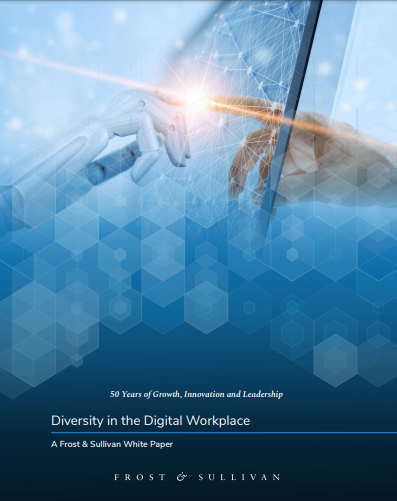
Diversity in the digital workplace
The future of work is a collaborative effort between humans and robots
AI and general practice
AI is used in a more generalist diagnostic environment too, including by GPs. Doctorlink is an app-based system available on phone, tablet and through a web browser that uses a symptom assessment tool. Practices using the service can also accept appointment bookings through it.
Dr Ravi Tomar, a GP in London whose practice uses Doctorlink, tells us: “In the first year alone, this has resulted in one in five patients being re-routed to more appropriate forms of care – such as self-care or local pharmacy – and patient phone calls to the practice have reduced by a third, alleviating strains on the time and resource of clinicians and administrative staff.”
Tomar also says the system has improved the patient experience too. “Before we adopted Doctorlink’s health assessment platform in October 2018, we were running a standard 8am daily triage phone system for appointment bookings,” he explains. “Like so many other practices, this meant our books were full within a couple of hours and we had to turn patients away.”
Tomar appreciates, however, that people are wary of the idea of AI replacing medical professionals. Consequently, people registered at his GP surgery can opt in to the system if they want, but also still have access to more traditional methods. “Success isn’t about 100% uptake, it’s about the right uptake by the right patients,” he says. “I don’t see AI consultations replacing patient time with their own doctor.”
It’s still early days for AI in healthcare, however, and it’s currently used relatively little. Healthcare professionals are navigating both the clinical successes and the cultural and ethical aspects of using AI. Phillips sums up where the medical profession is and what has still to be done, telling us: “There needs to be careful review of the type of AI, the applications on offer and the outputs delivered, triage, diagnosis, clinical-decision making, second reading, the specific clinical area, the established clinical practice, risk assessment and the regulatory environment. Only then can AI become a standard medical tool.”

Sandra Vogel is a freelance journalist with decades of experience in long-form and explainer content, research papers, case studies, white papers, blogs, books, and hardware reviews. She has contributed to ZDNet, national newspapers and many of the best known technology web sites.
At ITPro, Sandra has contributed articles on artificial intelligence (AI), measures that can be taken to cope with inflation, the telecoms industry, risk management, and C-suite strategies. In the past, Sandra also contributed handset reviews for ITPro and has written for the brand for more than 13 years in total.
-
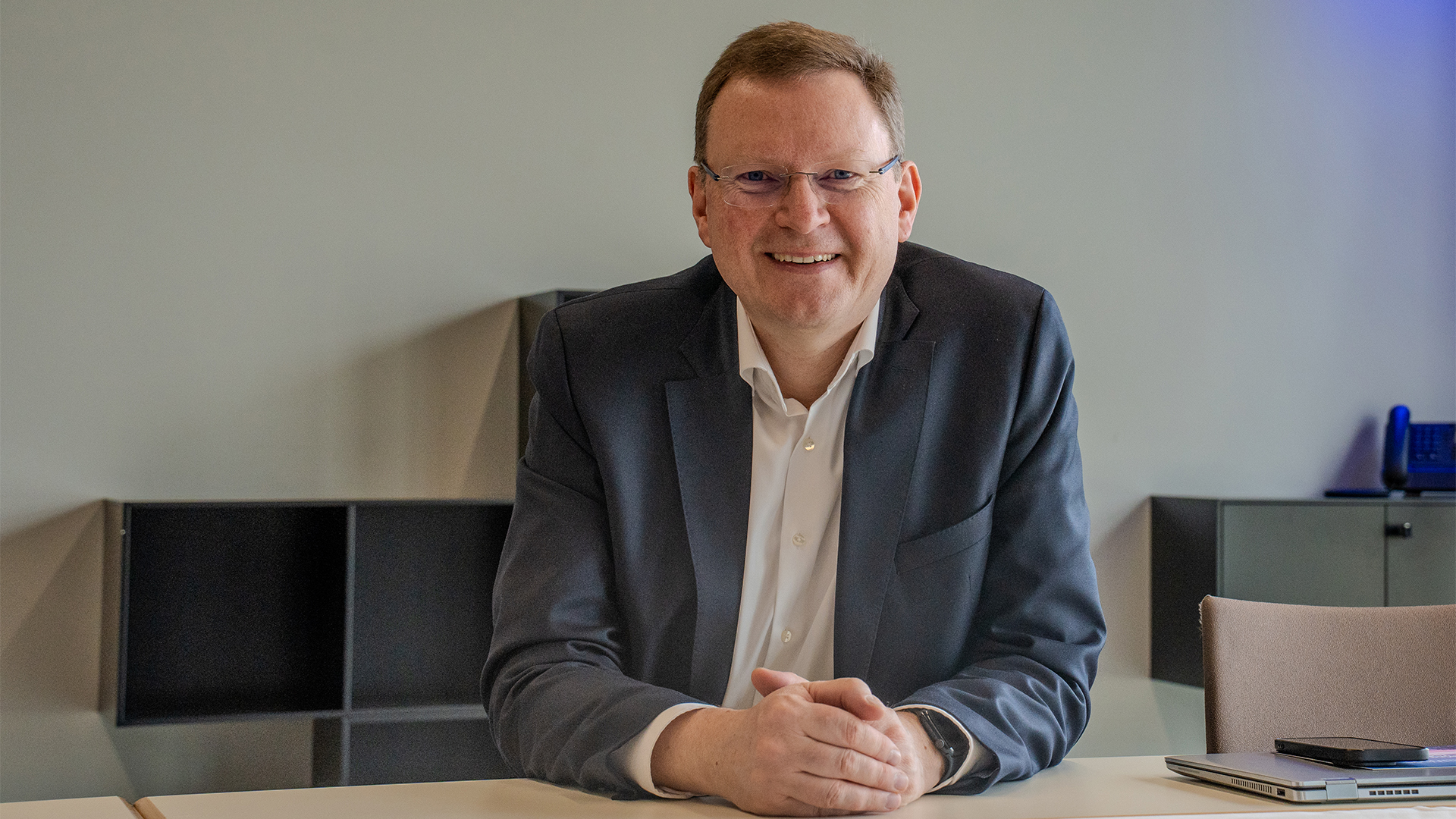 DocuWare CEO Michael Berger on the company’s rapid growth
DocuWare CEO Michael Berger on the company’s rapid growthNews ChannelPro sat down with DocuWare CEO Michael Berger to discuss the company's rapid growth and channel strategy.
By Bobby Hellard Published
-
 Seized database helps Europol snare botnet customers in ‘Operation Endgame’ follow-up sting
Seized database helps Europol snare botnet customers in ‘Operation Endgame’ follow-up stingNews Europol has detained several people believed to be involved in a botnet operation as part of a follow-up to a major takedown last year.
By Emma Woollacott Published
-
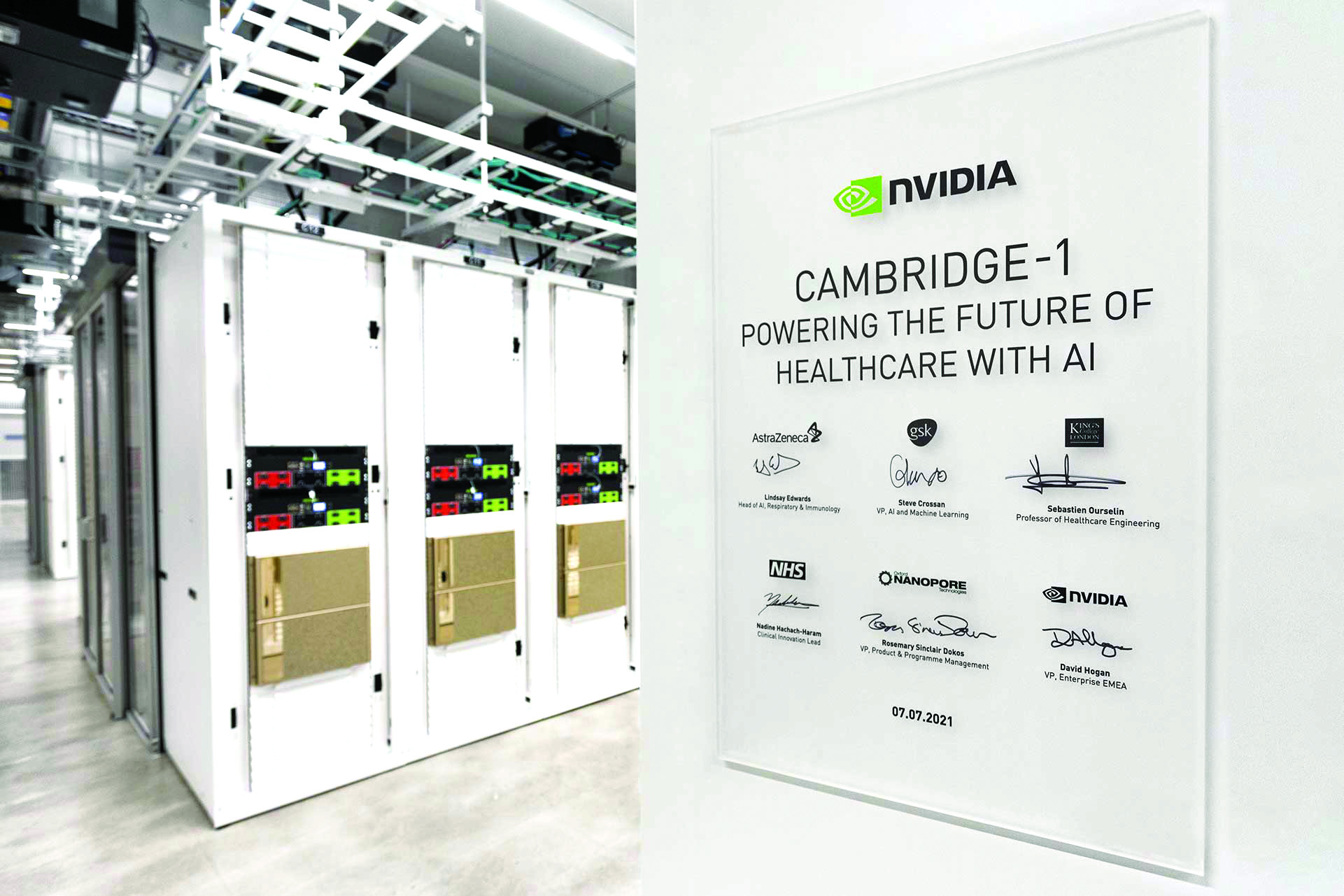 Cambridge-1 and the future of medicine
Cambridge-1 and the future of medicineCase Studies Nvidia’s first public supercomputer could change healthcare in the UK and around the world
By Nicole Kobie Published
-
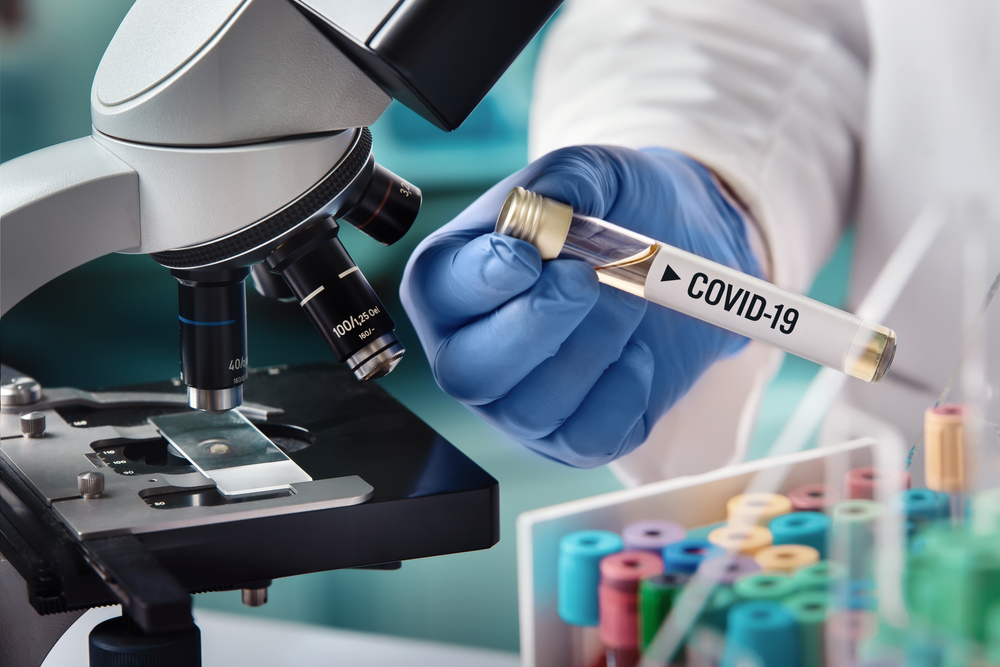 NIH renews COVID research contract with Palantir
NIH renews COVID research contract with PalantirNews Palantir will create a cloud-based data enclave to support COVID-19 research collaborations
By Praharsha Anand Published
-
 Sensome’s AI-powered stroke guidewire begins human trials in Australia
Sensome’s AI-powered stroke guidewire begins human trials in AustraliaNews The trial adds to Sensome’s multicenter CLOT OUT study
By Praharsha Anand Published
-
 Yext’s Find-a-Doc streamlines finding a doctor with AI
Yext’s Find-a-Doc streamlines finding a doctor with AINews The platform provides smart suggestions to improve patients' pre-appointment experience
By Praharsha Anand Published
-
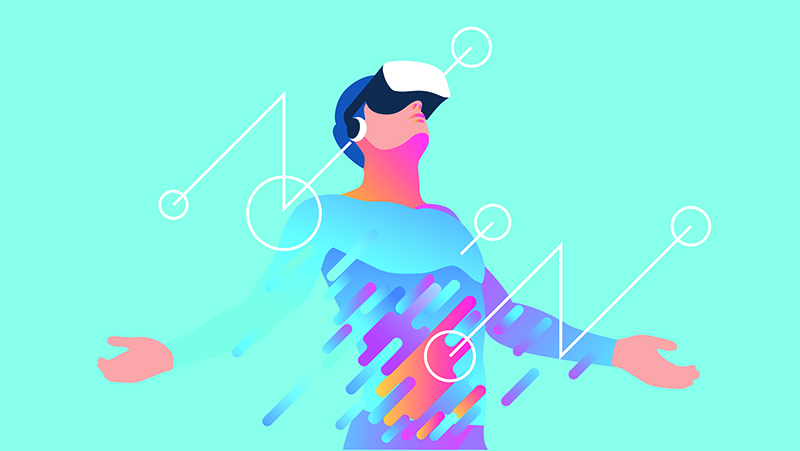 NeuPath and Cynergi will bring VR therapy to chronic pain management
NeuPath and Cynergi will bring VR therapy to chronic pain managementNews NeuPath will integrate Cynergi’s VR program with its remote pain management platform
By Praharsha Anand Published
-
 VEON's Beeline to bring mobile AI to health care
VEON's Beeline to bring mobile AI to health careNews Beeline will work with Sechenov Medical University to promote early diagnosis of life-threatening conditions
By Praharsha Anand Published
-
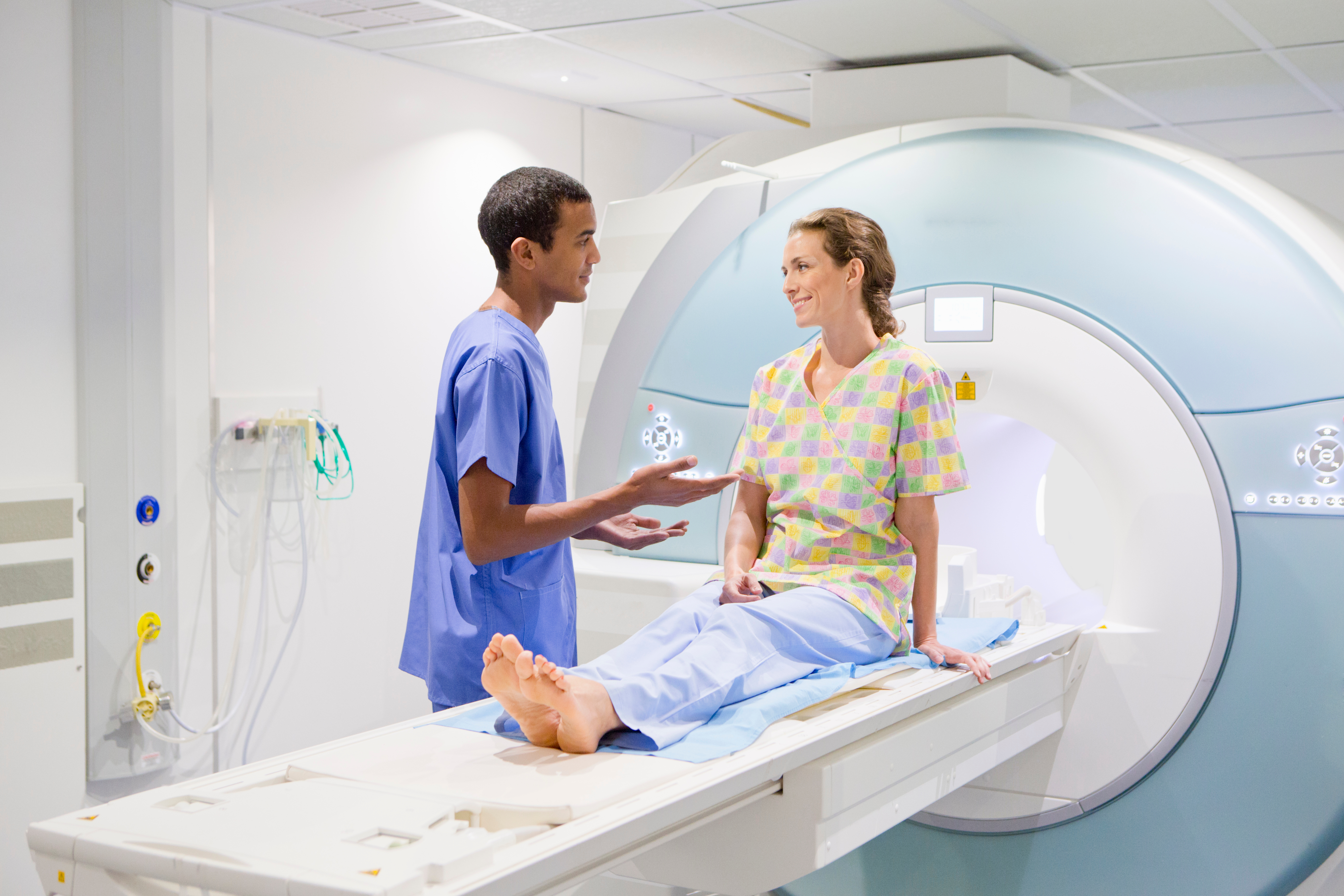 Qlarity Imaging teams with Blackford to improve breast MRI accuracy
Qlarity Imaging teams with Blackford to improve breast MRI accuracyNews Qlairty will merge its AI-powered diagnostic software with Blackford’s centralized imaging platform
By Praharsha Anand Published
-
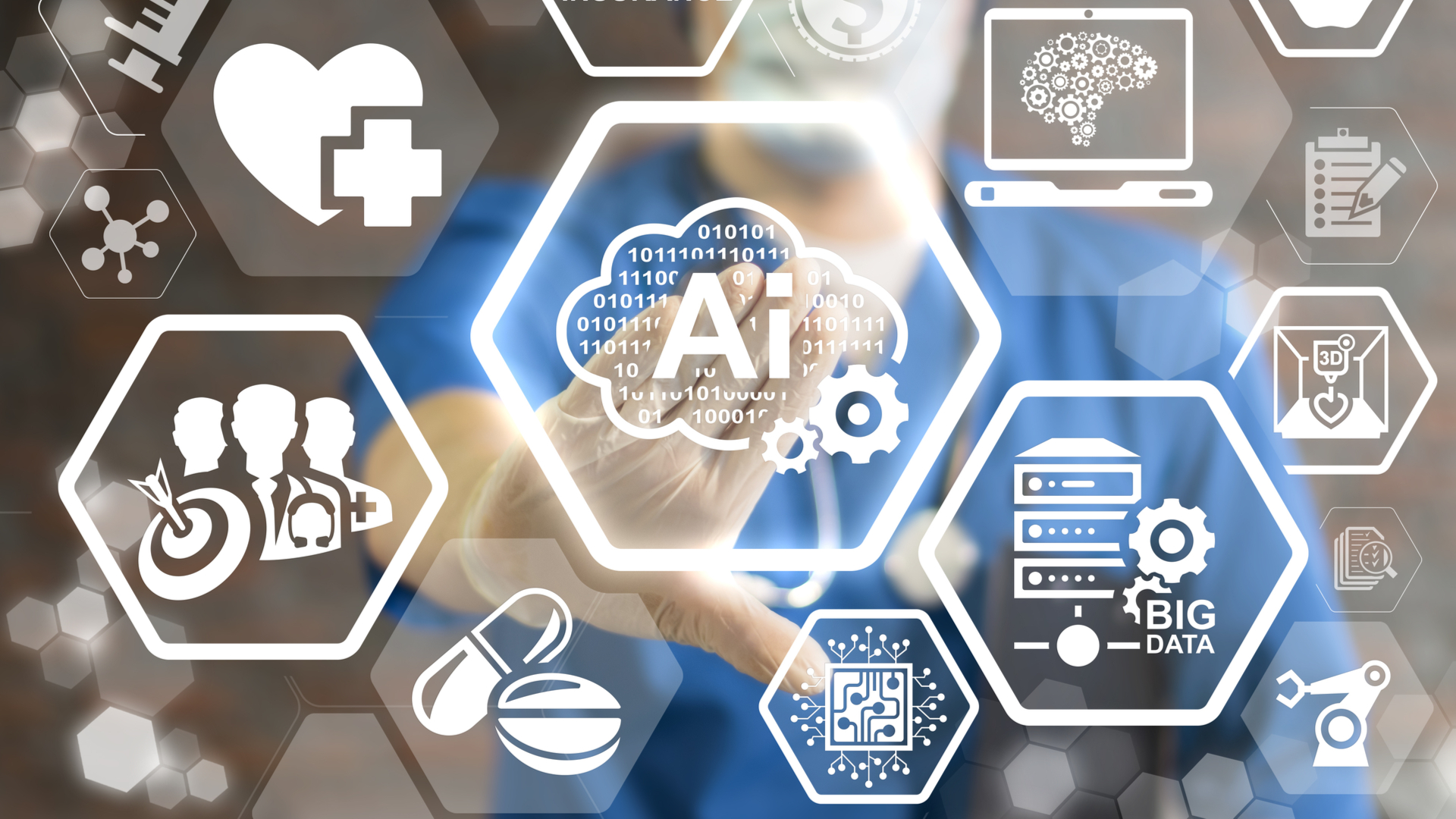 Unilabs to deploy Ibex’s AI-assisted cancer diagnostic platform across Europe
Unilabs to deploy Ibex’s AI-assisted cancer diagnostic platform across EuropeNews Galen by Ibex is CE-marked for breast and prostate cancer detection
By Praharsha Anand Published